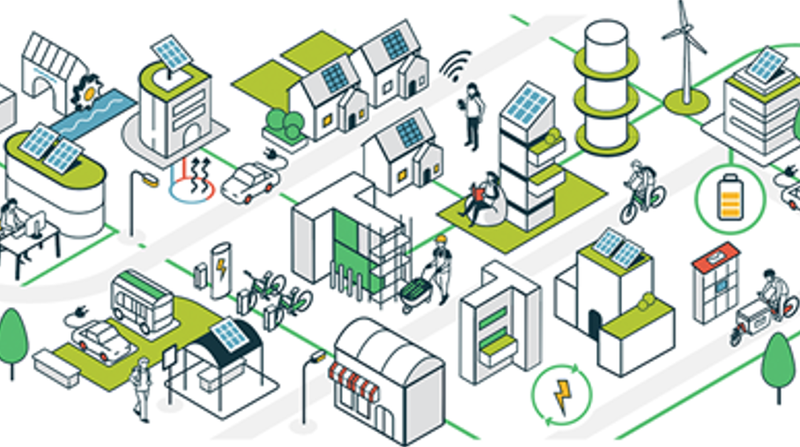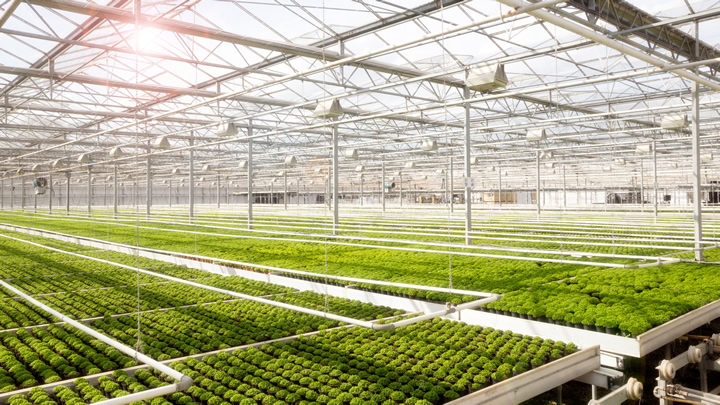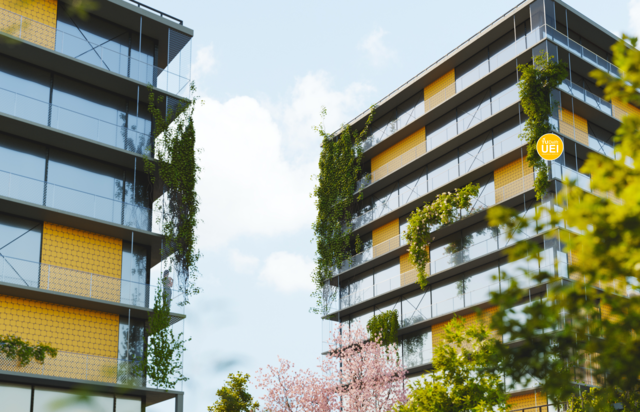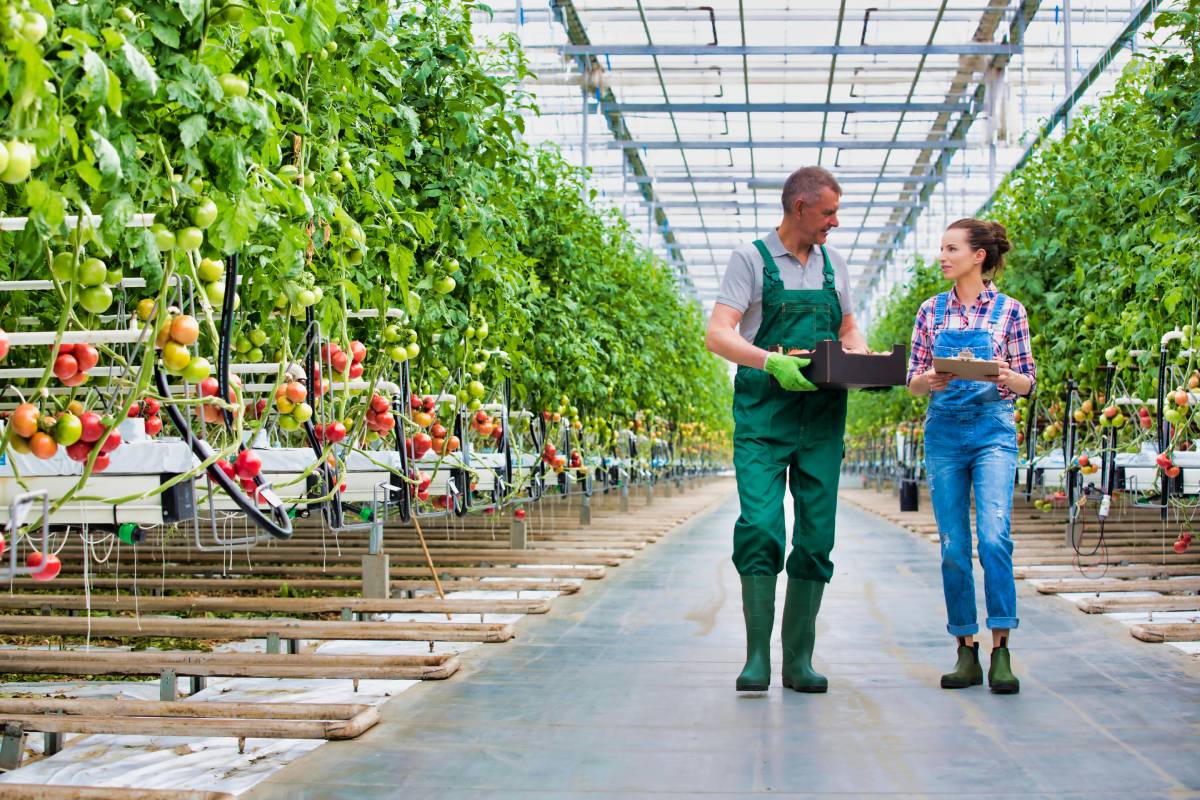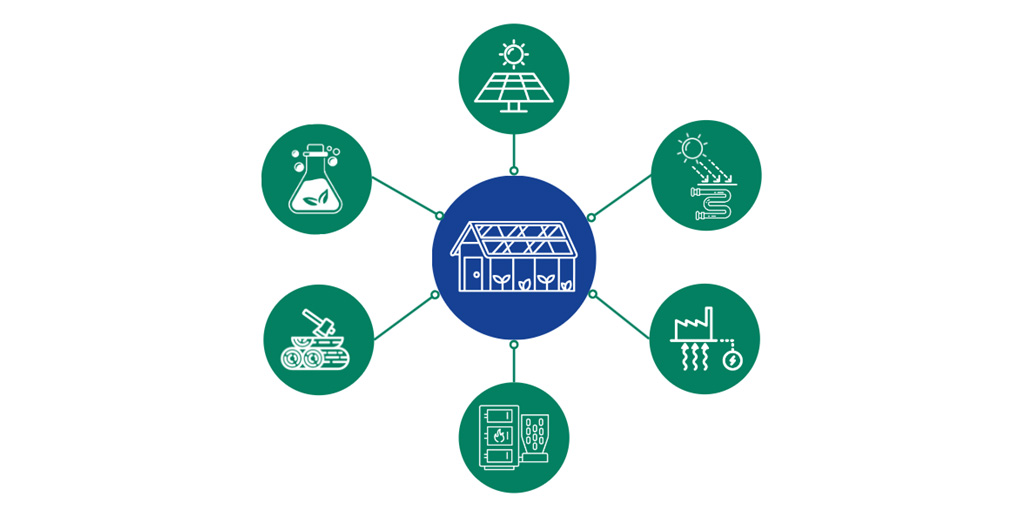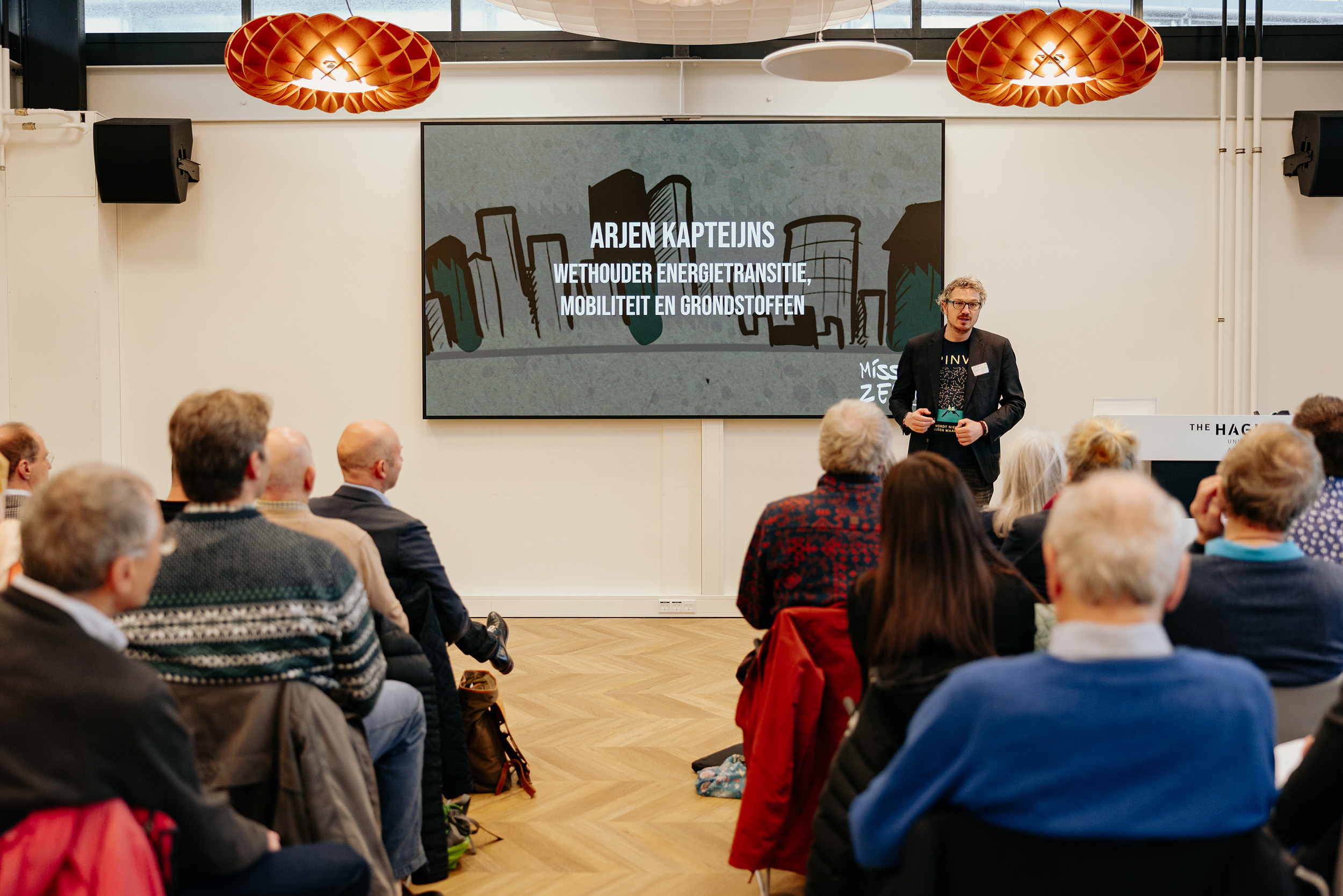Energy in Transition
Centre of Expertise Mission Zero
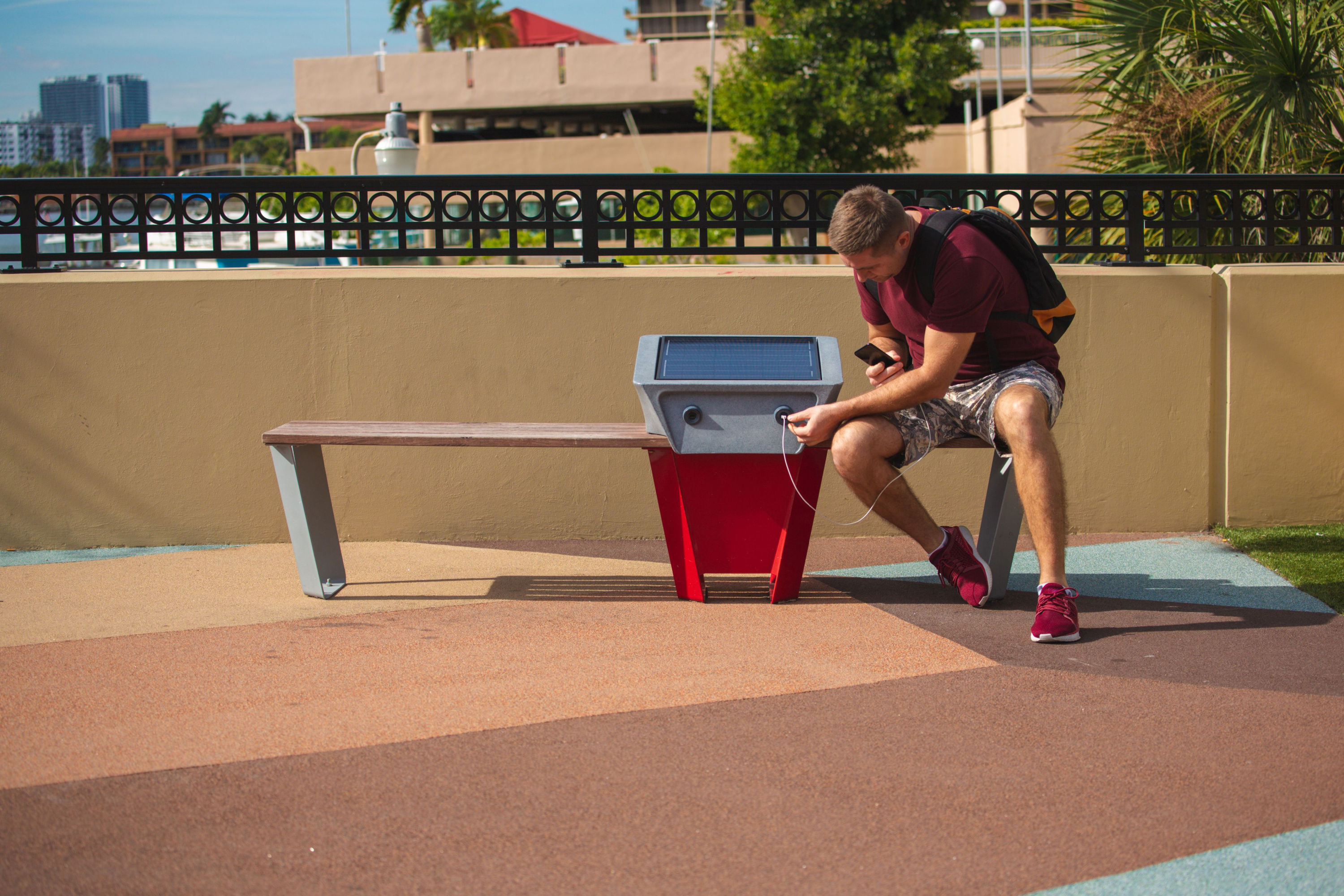
Introduction
Around one-third of our national energy consumption takes place in buildings for heating, cooling, lighting and electrical equipment. But in spite of all the clever gadgets, innovations and creativity, gas consumption in homes built in 2010 is no lower than in homes from 1995. How can we ensure that sustainability is more than just a slogan or hype? And how can we truly make the entire energy chain sustainable?
About the research group
The research group is developing knowledge related to the ‘greenification’ of the energy chain in the built environment. Its focus is on system modelling and simulation for energy and indoor climate systems. Models are developed, tested and optimised for practical and educational use and all focus on buildings, greenhouse and otherwise, as well as on energy supply issues in the built environment.
About the professor
dr. ir. ing. Sander Mertens
Sander Mertens began his studies at the Technical University of Haarlem, majoring in Mechanical Engineering, after which he wanted to deepen his knowledge and decided to study Technical Physics at Delft University of Technology. After working in business for a while, he returned to Delft to obtain his doctorate in Aerospace on wind energy in the built environment. During his doctoral process, Sander set up the wind energy / building physics department at engineering firm DHV. He then founded Ingreenious to do international consultancy work and worked on wind energy projects for 9 years at his own company, Windchallenge. In August 2018 Sander was appointed professor of Energy in Transition. In addition to his work as a professor at The Hague University of Applied Sciences, he holds a KIVI (Royal Institution of Engineers in the Netherlands) chair.
Publicaties: ResearchGate
[email protected]
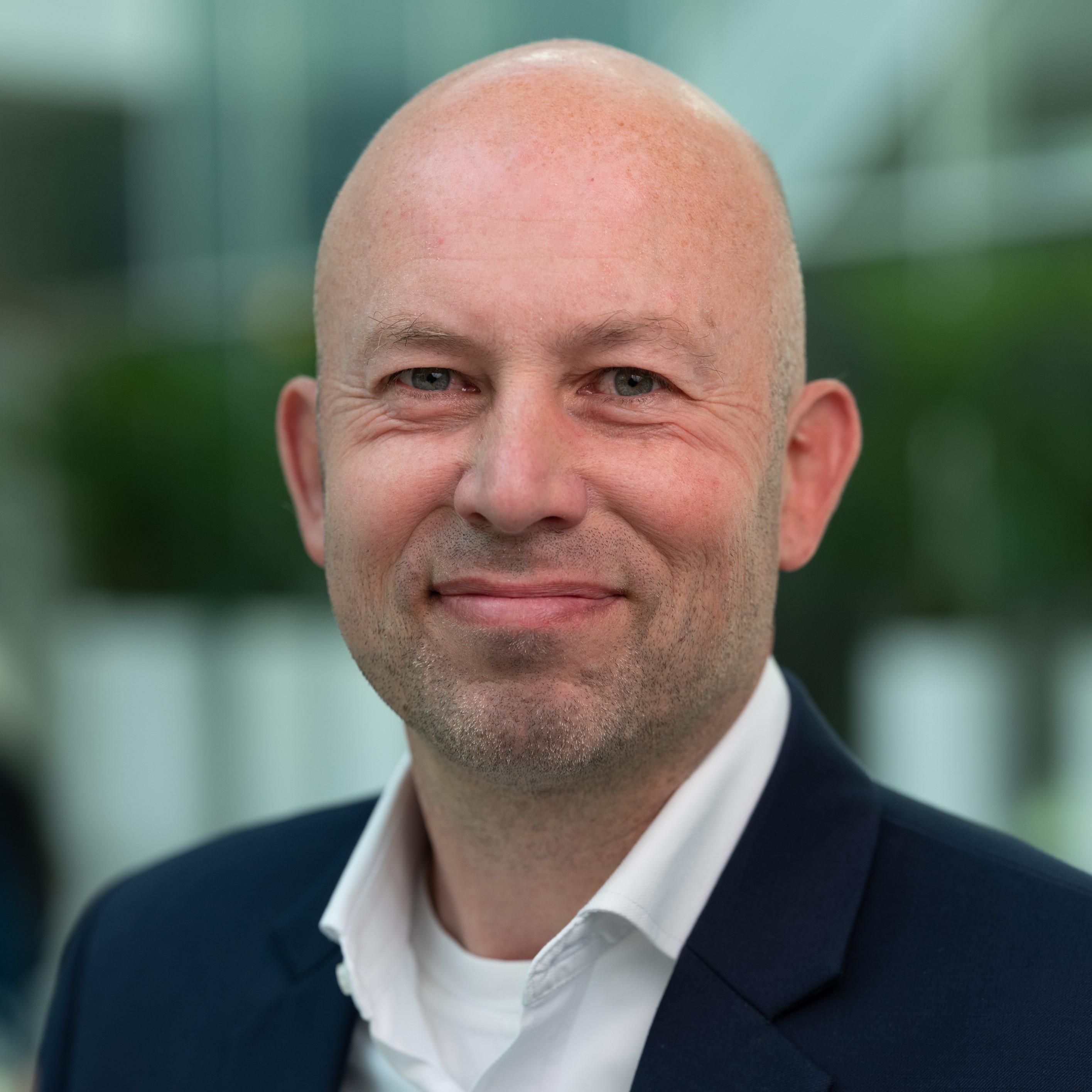
Matching energy supply and demand will be a key challenge for the energy transition
Team
Within our research group, researchers, lecturer-researchers and students work closely with practice partners to conduct research. Together they are committed to translating the results of the research -knowledge and insights- into the practice of education and the region.

